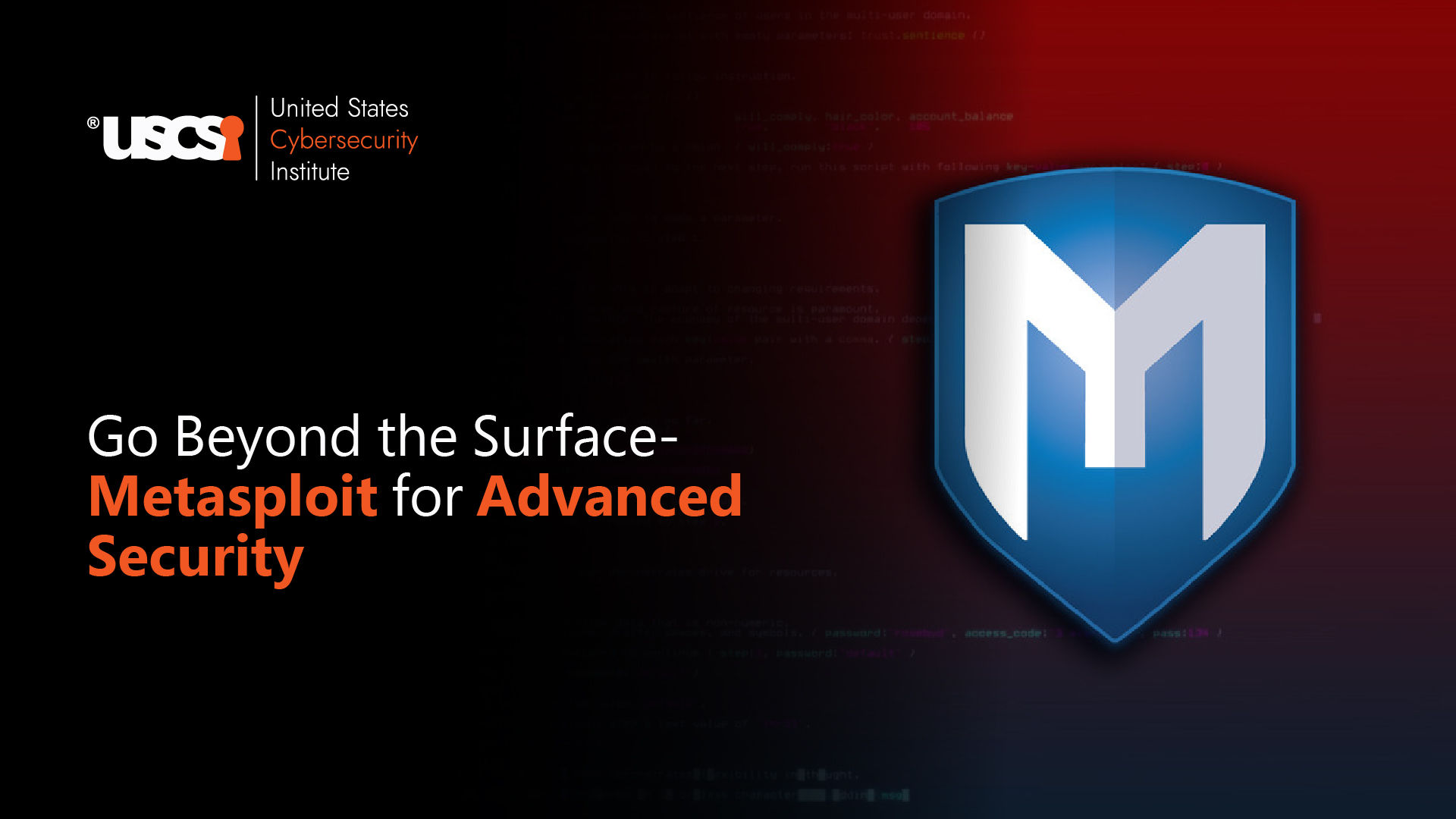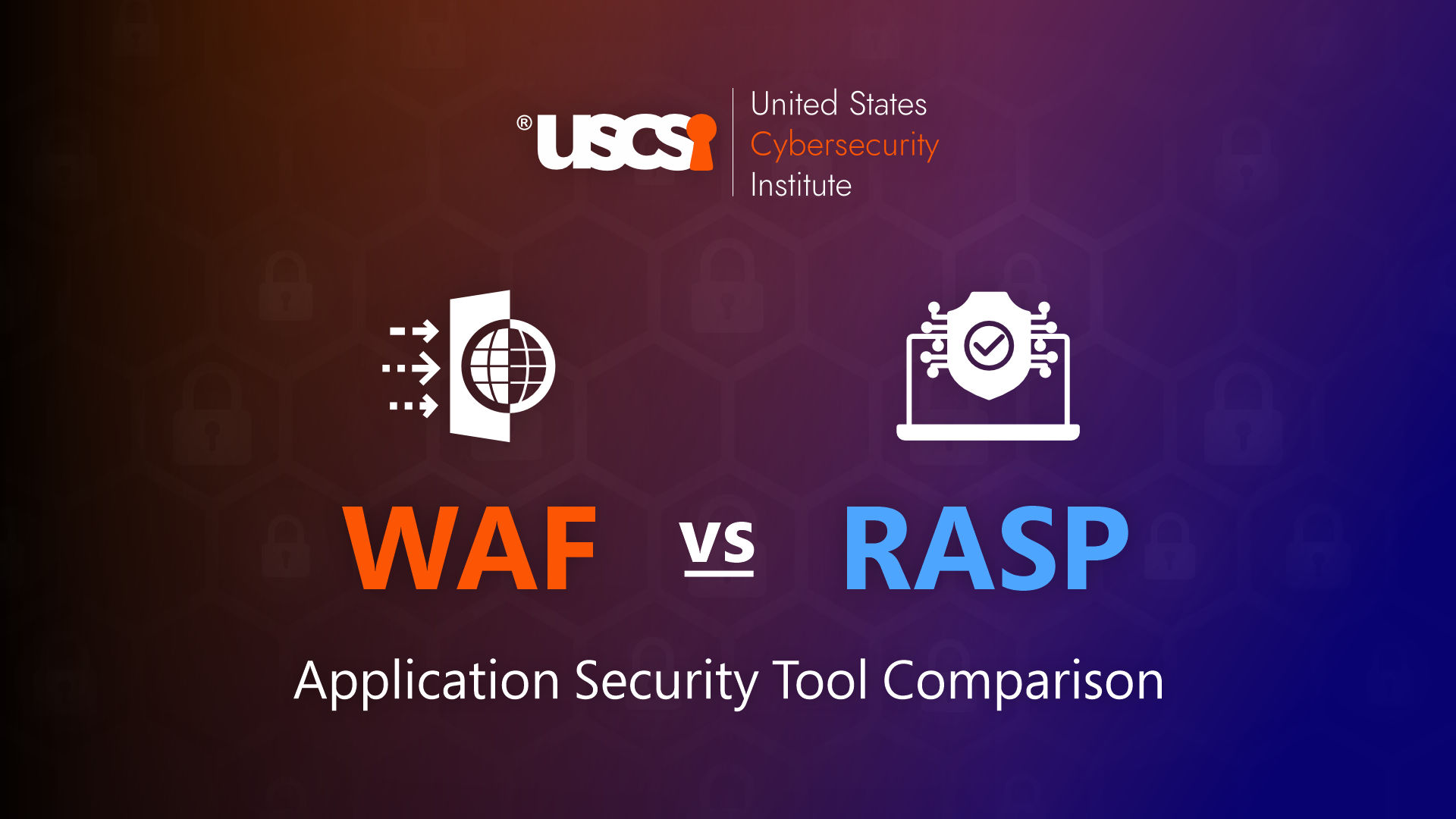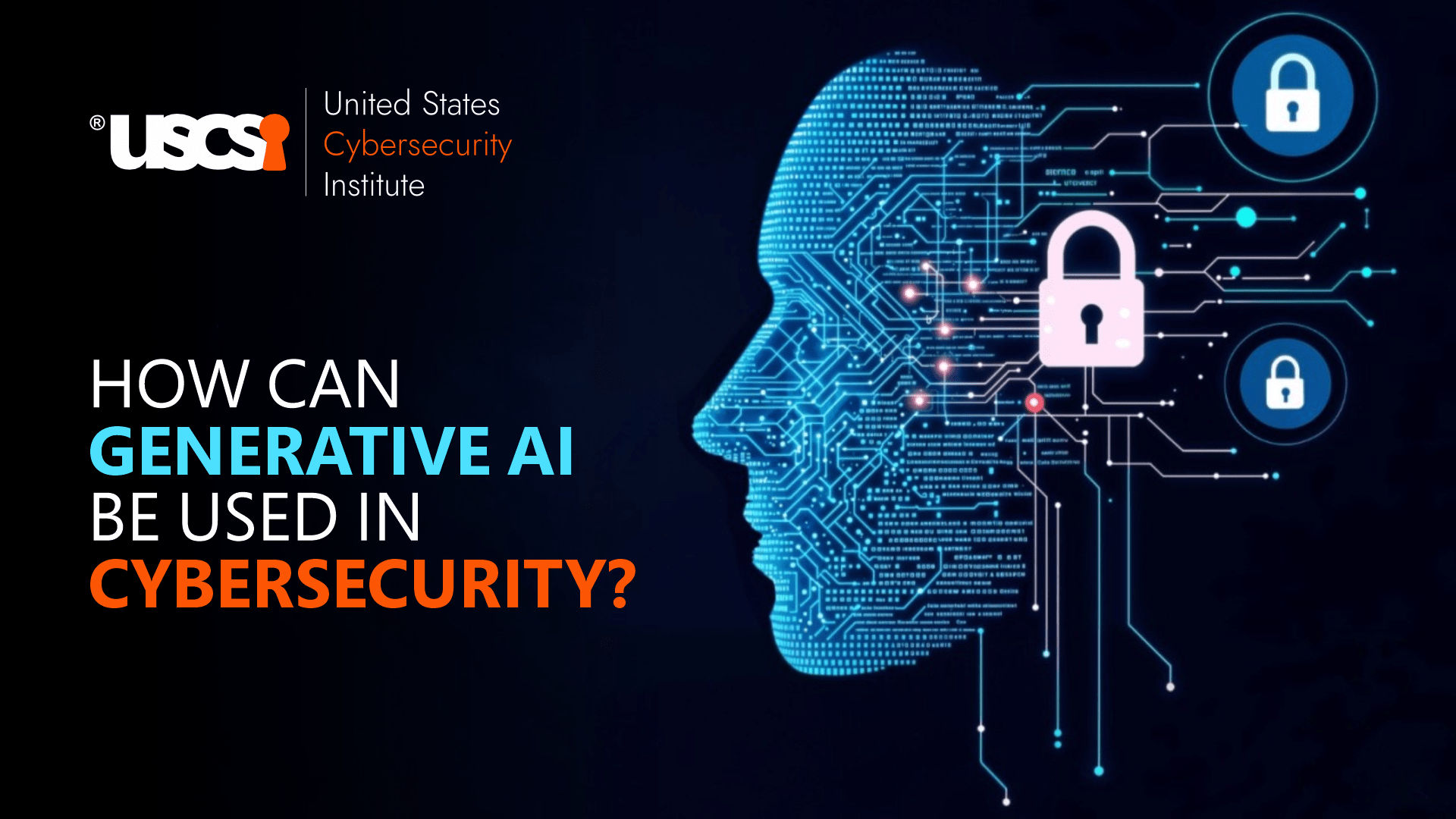

Quantum Computing and its Impact on Cybersecurity
The work culture in quantum computing and cybersecurity is typically fast-paced and innovative as these fields continue to evolve and advance. Individuals working in these fields often have a strong passion for technology and are eager to solve complex problems. They may work in research and development, testing and evaluation, or application, such as building and maintaining quantum computers or developing cybersecurity solutions.
As for the daily work environment, it can vary depending on the function and the organization. Some work in a traditional office, while others have a more flexible work arrangement, such as working in an office or laboratory.
Collaboration and teamwork are often important in these fields, as you may work in multidisciplinary teams with colleagues from different backgrounds.
Continuous learning is also an important part of the work culture in quantum computing and cybersecurity. These fields are in a constant state of change, and individuals must keep abreast of the latest technologies and developments to be effective in their roles. This may include attending conferences, taking online courses, or participating in professional development opportunities.
Impact of Quantum Computing
Rapid developments in quantum computing technology have led to both excitement and concern in the cybersecurity domain. On one hand, quantum computers have the potential to solve complex problems and perform tasks that classical computers are incapable of, which could lead to significant advances in several areas.
On the other hand, quantum computers also pose a threat to traditional cybersecurity methods because they can break many of the encryption methods currently used to protect sensitive data. In this article, we look at the basics of quantum computing and its potential impact on cybersecurity and discuss some of the key cybersecurity certifications and career opportunities for those interested in the field.
What is Quantum Computing?
Quantum computing is a type of computing that uses quantum mechanical phenomena such as superposition and entanglement to process data. Unlike classical computers, which use bits to store and process information, quantum computers use quantum bits or qubits. Qubits have the unique ability to exist in multiple states simultaneously, which allows quantum computers to perform certain calculations much faster than classical computers.
The potential power of quantum computers has led to significant investment and research in this area, and several companies and organizations, including IBM, Google, and the U.S. Department of Energy, have already developed working quantum computers.
While quantum computers are still in the early stages of development and are not yet widely available, they have the potential to revolutionize areas such as drug development, financial modeling, and weather forecasting, to name a few.
Impact on Cybersecurity
One area where the impact of quantum computing is of particular concern is cybersecurity. Currently, many of the encryption methods used to secure sensitive data such as online transactions and confidential communications rely on the fact that classical computers would take an impractically long time to crack.
Quantum computers, however, have the potential to crack these encryption methods much faster, posing a threat to the security of sensitive data.
In response to this threat, cybersecurity experts and researchers are working to develop new encryption methods that can withstand attacks from quantum computers.
Potential solutions being explored include quantum-resistant algorithms, such as post-quantum cryptography, and the use of quantum encryption methods, such as quantum key distribution.
How to Prepare for the Future
Considering the fact that quantum computers are evolving with more advanced stages and there could be systems that can break codes 100 times better than the current systems which will definitely pose a threat to cybersecurity exponentially. To counter this scientists, engineers, and cybersecurity experts must develop methods, techniques, and processes to counter any bigger cyber threat.
The U.S. National Institute of Standards and Technology is currently evaluating 69 potential new methods called ‘post-quantum cryptography’ that will be added to internet applications and web browsers reducing the risks.
The United States’ National Quantum Initiative Act is another right step taken to fund educational initiatives to help educate professionals and students thus creating awareness as well as expertise in this area. The cybersecurity career is in demand and this demand will only increase in the future. The right set of cybersecurity skills will help any technical or non-technical professional to capitalize immensely on their skills. Acquiring skills from the latest and the best cybersecurity certifications, online courses, degree programs, etc. is the way forward to prepare for the future.





